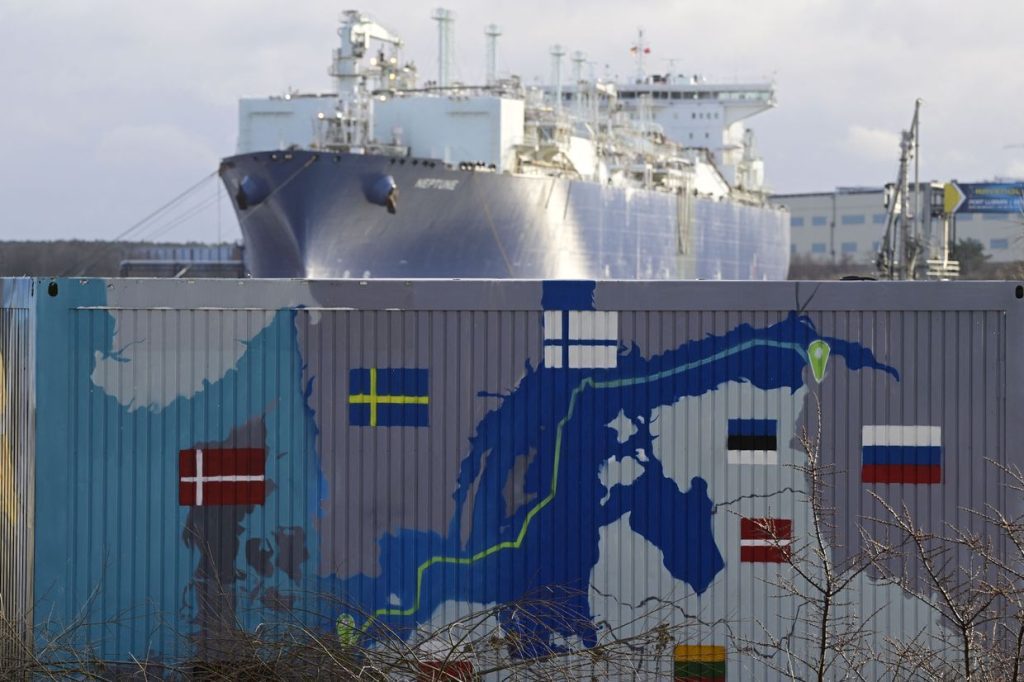EU Implements Russian Gas Import Ban
Approximately four years after Russia’s large-scale incursion into Ukraine, EU energy ministers have agreed to a plan that prohibits Russian gas imports starting January 1, 2028. This decision stems from concerns regarding Moscow’s use of gas as a political weapon, as stated in a press release from the Council of the European Union on October 20.
Current Import Dynamics
While the EU has significantly reduced its imports of Russian oil, it remains the largest buyer of Russian liquified natural gas (LNG). In the first half of 2025 alone, the EU imported nearly 5 billion euros ($5.8 billion) worth of Russian LNG, which is 1 billion euros ($1.1 billion) higher than the same timeframe the previous year. In response, Washington has urged Europe to expedite its complete embargo of Russian energy supplies, including gas, to increase pressure on Moscow to cease its military actions.
Opposition from Hungary and Slovakia
Only Hungary and Slovakia, two nations that have maintained friendly relations with Russia, opposed the bill that halts pipeline and LNG imports. The Financial Times reported this opposition as notable, given that these countries have historically resisted efforts to curtail their dependence on affordable Russian energy.
Implementation Timeline
The first phase of the ban is set to commence on January 1, 2026, with existing contracts receiving a grace period: short-term contracts can extend until June 17, 2026, and long-term contracts until January 1, 2028. Although the legislative text is not yet finalized, it will be reviewed by the European Parliament for further approval.
EU’s REPowerEU Strategy
The regulation is a crucial component of the EU’s REPowerEU initiative, aimed at eliminating reliance on Russian energy sources following the disruption of supplies and their politicization. As Russian actions contribute to significant energy insecurity in Ukraine, European nations view this legislation as a necessary step to diminish financial flows supporting Russia’s military efforts.
Concerns from Landlocked Countries
Hungary and Slovakia, being landlocked, argue that finding alternative gas sources is challenging, despite the EU proposing various routes, including through Croatia. Hungary’s Foreign Affairs Minister criticized the regulation as detrimental to their energy security, emphasizing that the EU’s approach undermines their energy supply stability.
Monitoring and Compliance Measures
The Council plans to introduce stricter checks on Russian gas imports throughout the transition period. A prior authorization will be necessary for non-Russian gas five days before entering the EU, and at least one month for Russian gas. Furthermore, mixed LNG shipments will need to disclose the proportion of Russian gas contained within.



